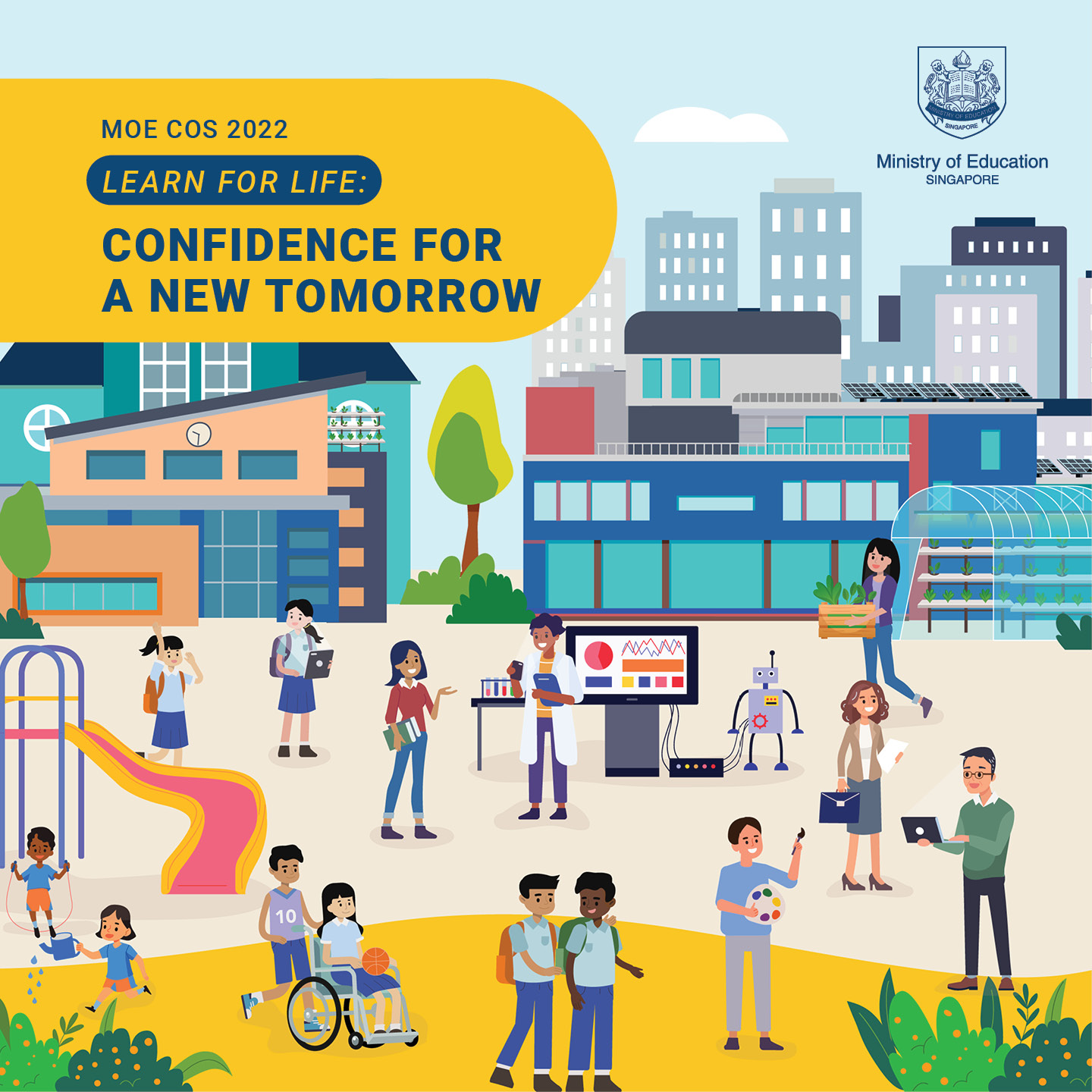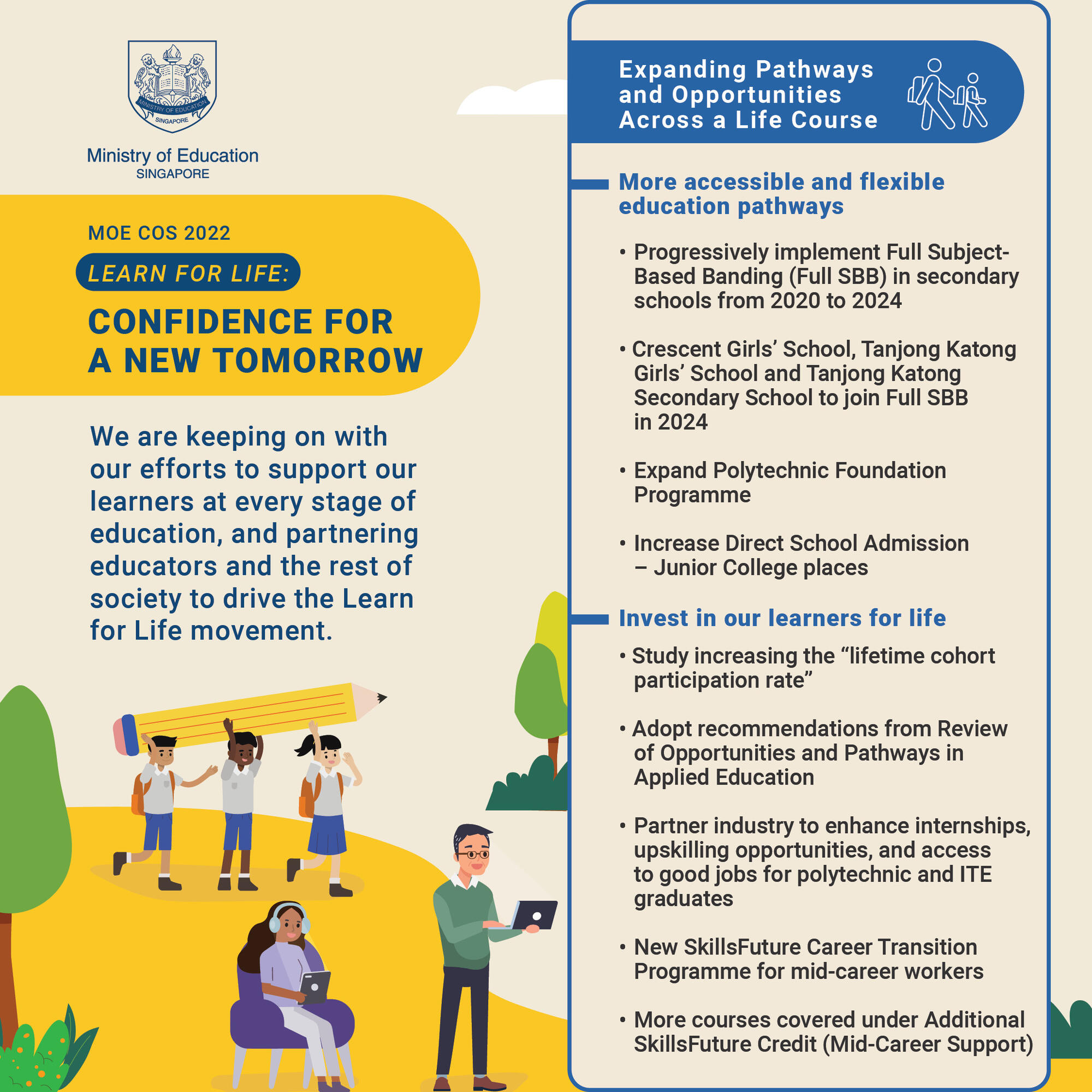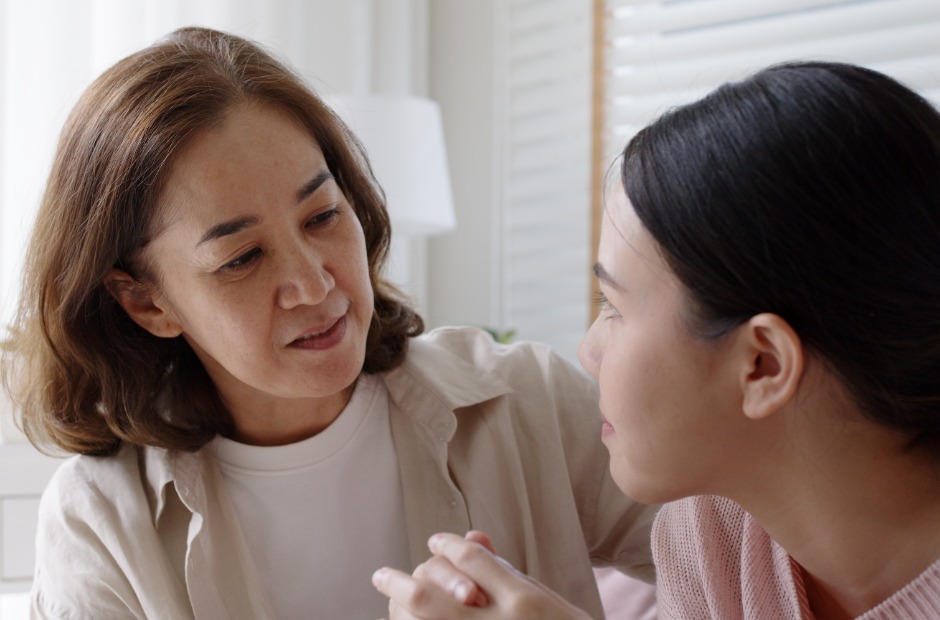Dad Power
15 Jan 2016

While a growing number of fathers are getting involved in the school lives of their kids, it’s still very much a woman’s world. One father shares how he went from clueless to confident along with his hopes to inspire other dads to do the same.
Mr Tio Chong Heng, 48, used to be a typical Asian dad. Parenting was left largely to his wife and hearing him say the words “I love you” was the last thing his two daughters would’ve expected.
But all that changed when his wife encouraged him to join the Parents Support Group (PSG) at St Hilda’s Primary in 2008. At the time, the PSG was looking for dads to start a fathers’ group. “I didn’t have a clue what it was about then,” he recalls. “I just told myself ‘Why not? Try something new.’ Looking back now, I have no regrets.”
The awakening
His wake-up call, Mr Tio says, came in the midst of a father-child overnight camp organised by the Centre for Fathering (CFF). During one of the games, the children were blindfolded and had to find their fathers based on their loud calls of “I love you”.
“Because every father was shouting very loudly, I was able to overcome my shyness about saying ‘I love you’ openly to my child,” he recalls. But it was the deeper significance of the activity that hit home. “If you don’t tell your child that you love her, where will she hear it? From the world? I became aware that telling a child ‘I love you’ can be so meaningful and impactful.”
Learning the “ICAN” framework (Involvement, Consistency, Awareness and Nurturance) developed by Dr Ken Canfield, founder and president of the National Center for Fathering in the United States, helped introduce Mr Tio to the many facets of fatherhood.
He became more appreciative of the time he spent with his daughters and more aware of the impact he could have on their lives. More importantly, it taught him to be more patient, which he admits has come in handy – particularly in their pre-teen years. Take for instance the times when his daughters have brought home lower-than-expected grades. While the old him would have flared up instantly, he now calmly offers help instead of simply reacting. “I’ll ask her, ‘This subject is very weak. How can we work on it?’” Even when he slips up and gets angry, he makes it a point to go back “to talk to her nicely and express openly that I’m concerned and I care.”
“I can just imagine if I had never attended the workshop. I’d have gone the extreme route.” His unruffled approach, Mr Tio says, “also helps my daughters calm down and increases their readiness to communicate with me.”
For dads only
Spurred by his personal transformation, Mr Tio hopes to share what he’s learned through Fathers@SHPS, a dads-only PSG he helped to set up in 2009 with a number of like-minded fathers.
“The ICAN framework is so powerful that it stays with you throughout your life,” he says. “It’s a lifelong tool that fathers can build upon to nurture their child. As long as we raise awareness, we’re planting a seed for the future.”
Today, Fathers@SHPS organises monthly events, from a “Swamp Adventure” at Sungei Buloh and “Sleeping with the Fishes” (a sleepover at Sentosa’s Underwater World) to “Forest Adventure” at Bedok Reservoir’s Treetop Walk – all of which are strictly daddy-and-child only.
“Naturally, a child tends to be more attached to mum. Fathers are already half a step behind,” Mr Tio says. “We’re not pushing mums down, but encouraging fathers to step up.” While there are many existing avenues for mums to bond with their kids, fathers need more opportunities to enter their child’s world and get to know them better.
That’s why Mr Tio and his team ensure that each event encompasses a meaningful father-child activity – be it an obstacle course where a blindfolded child is guided by her dad (the aim being to promote trust and effective communication), or a newspaper game where dad and child find ways to balance on a piece of paper that gradually grows smaller and smaller (the goal being to remind dads of the importance of hugging their child).
Among their most successful events is a father-child overnight camp targeting new dads at the peak of their enthusiasm. By conducting simple activities like a treasure hunt, obstacle course and a dad-and-child cookout, the PSG is able to identify active dads they can recruit onto the team.
Making a difference
Through these activities and by sharing their experiences with other fathers, the existing members of the PSG aim to remind newcomers that they’re not alone in their struggles.
“Before I joined the group, I only knew the hard work I had with my children,” says Mr Lim Kok Cheng, 47, an IT engineer who continues to volunteer his time even though his kids have graduated from St. Hilda’s. “Helping out in the fathers’ group helped me to see that I’m not alone. This removes the stress and helps me to keep my fathering effort going.”
When dads get more involved in family life, they not only benefit both themselves and their child, they also make a difference in the lives of other fathers. “Our vision is to see a community of fathers in the school with a kampong spirit of sorts,” Mr Tio says, “where fathers step up to help other fathers in need of help, whether it be by organising more father-child bonding events or coming together to share their fathering journey and learning from one another.”
Mr Eric Chan, 46, is another pioneer member who continues to help out, despite the fact both his daughters have graduated. “I believe that encouraging fathers to be involved fathers is a life-long process, not related to how long my children are in a certain school,” he says. “I feel this is a powerful platform for reaching out and influencing a larger population of fathers to be truly involved in their children’s lives.”
In Mr Tio’s view, the importance of a dad in a child’s life cannot be overstated. He recalls a time when a story from one of the dads in the group moved him deeply. “His own parents were divorced and without a father figure in his life, he didn’t even know how to shave, cutting himself all over the first time he tried,” Mr Tio says. “Now he’s determined to be an actively involved father to his kids.”
The right stuff
Though he may not be “the best father in the world”, Mr Tio is glad he took the first step on the road to improving. “At least I’m aware of my role as a father,” he says. He takes comfort that his daughters still confide in him, sharing stories openly about their friends, their lives and their inner thoughts.
“The fact that my daughters still allow me to go out with them, to hold their hands and give them light hugs means that I must have done something right in their younger days. We’ve built a relationship strong enough to withstand this ‘hormone-driven’ stage of their lives,” he says with a laugh.





